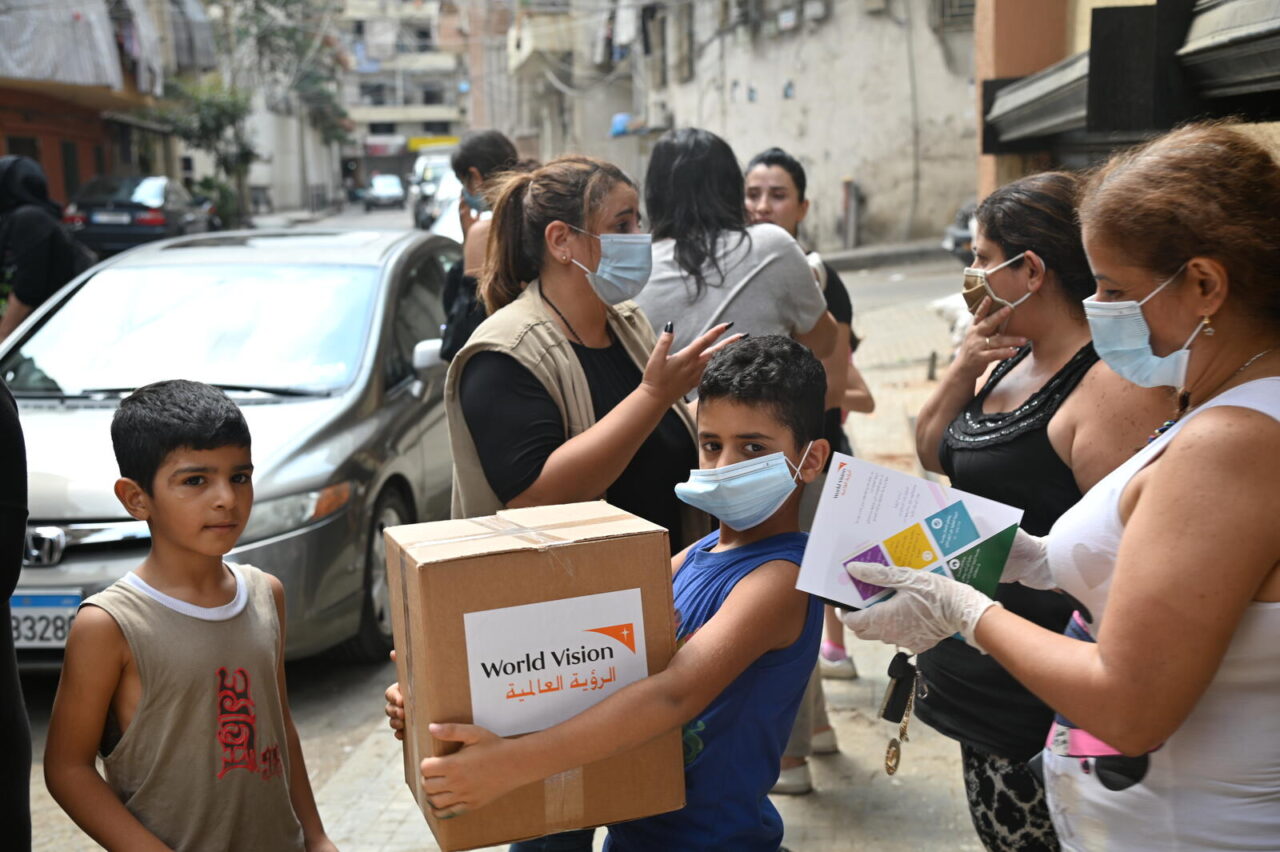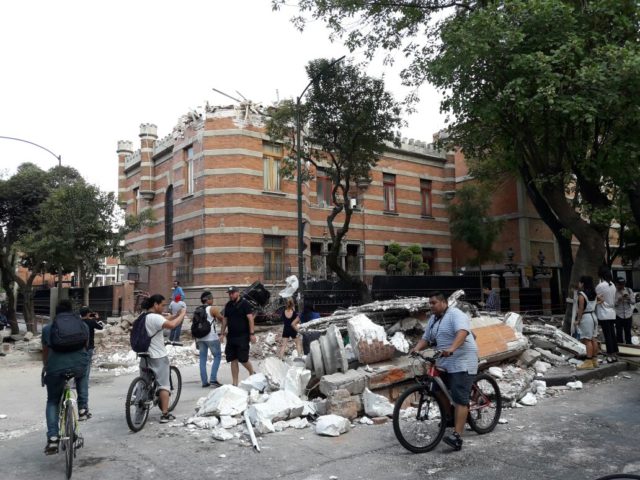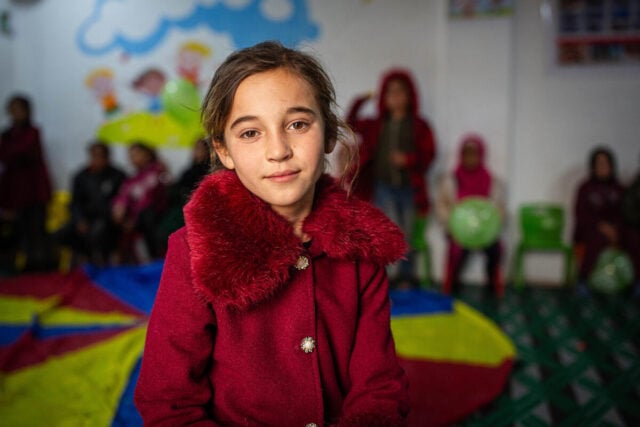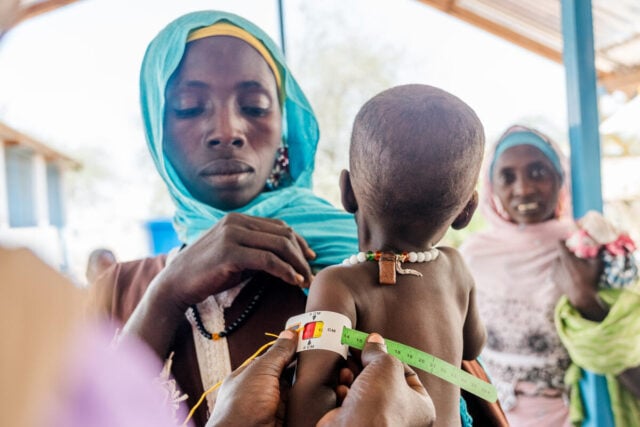An explosion that rocked the port of Beirut, Lebanon, on August 4 killed at least 160 people and injured about 6,000. It created a shock wave that severely damaged roads and buildings, shattering glass for miles.
In the densely populated city of more than 2 million people, about 300,000 were immediately displaced. Families have been forced to seek temporary shelter with relatives and friends or in schools or other civic buildings. According to local assessments, as many as 500,000 people may need assistance with immediate needs such as food, clothing, and shelter.
“People are on the streets, cleaning up and reconnecting with and supporting loved ones after surviving the blast. Hospitals that were already under pressure dealing with COVID-19 patients are now also inundated with people severely injured by the blast. Understandably, people are doing what needs to be done, but the aftermath has created the perfect storm to increase the risk of the virus spreading,” says Hans Bederski, World Vision’s national director for Lebanon.
World Vision staff report that all sponsored children have been accounted for and are safe. However, two staff members received minor injuries in the explosion.
Why was there unrest in Lebanon, even before this disaster?
Lebanon was already facing several crises:
- The country has the world’s highest concentration of refugees — about 30% of the population — including 1.5 million Syrians.
- Lebanon’s economic crisis has led to power cuts, a lack of safe drinking water, limited public healthcare, high unemployment, and protests.
- COVID-19 infections have stretched the capacity of hospitals to provide services.
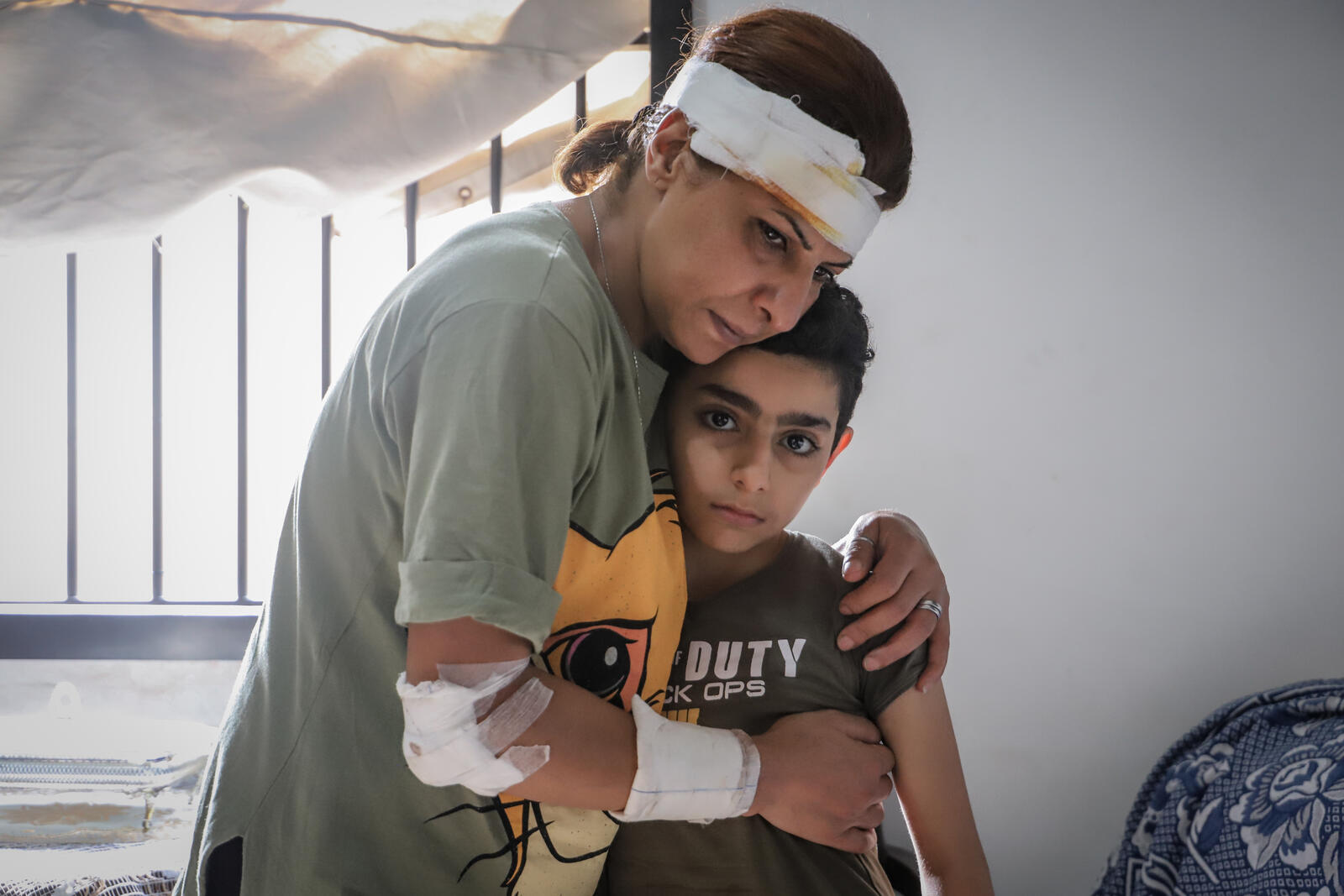
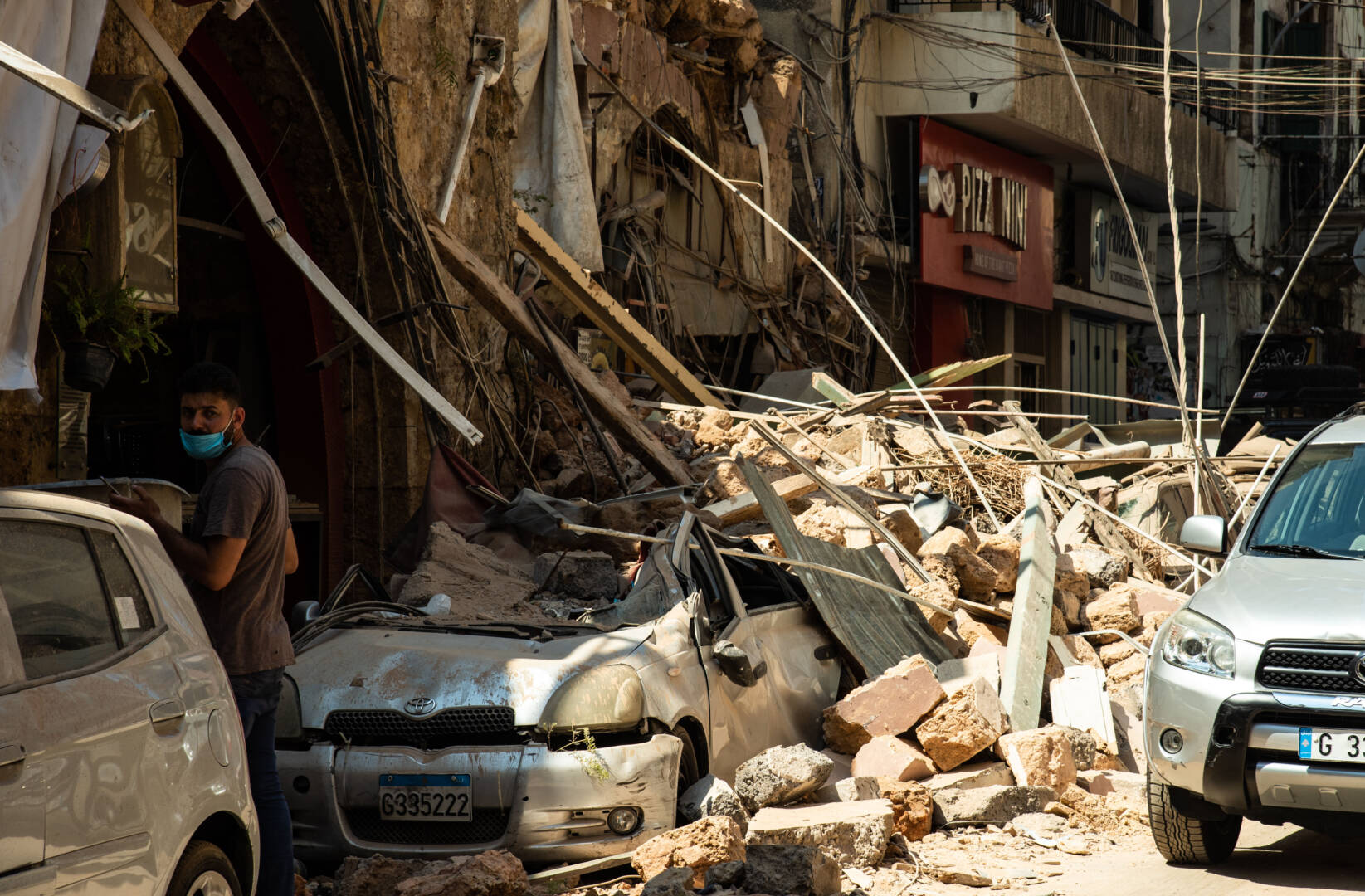
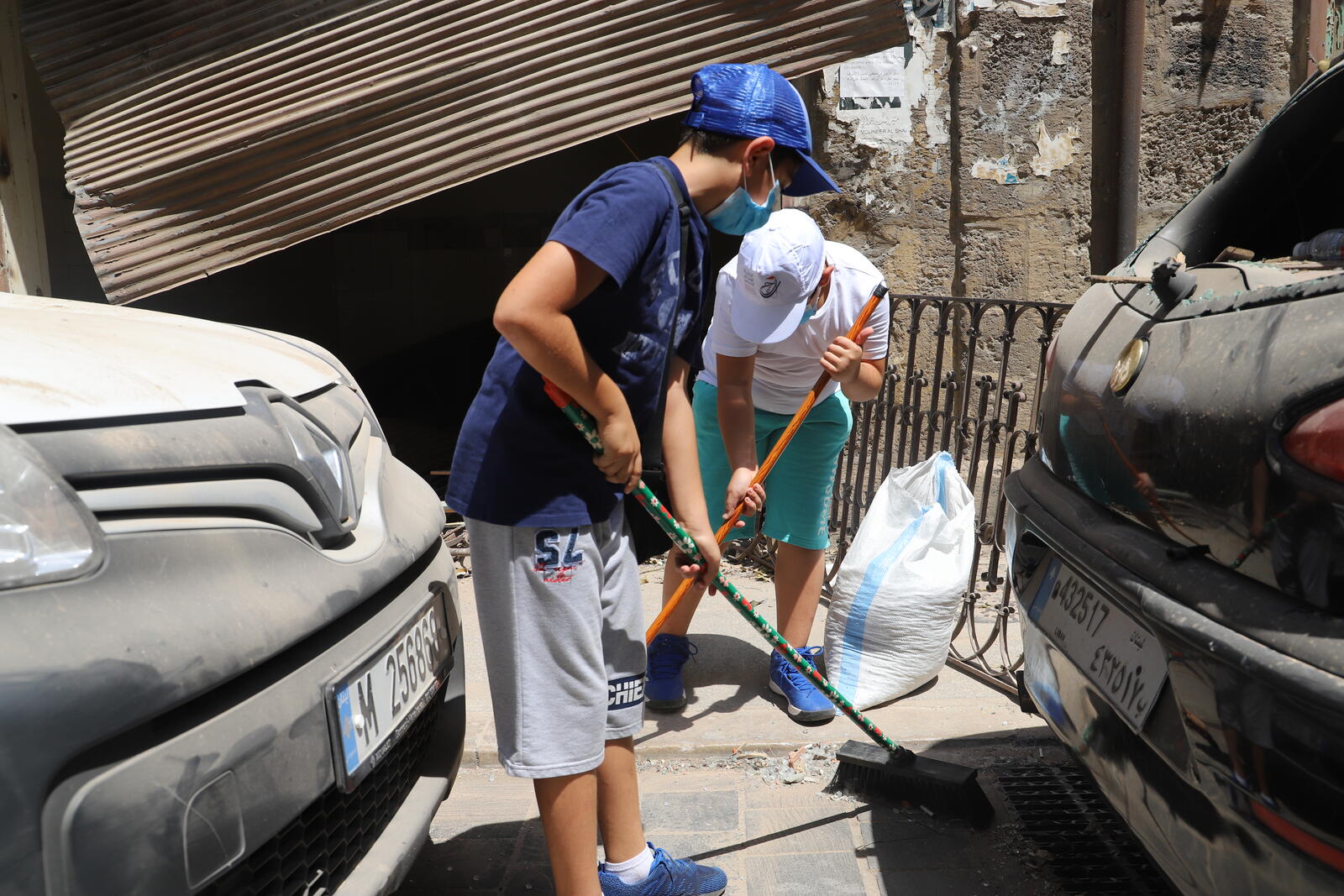
What is World Vision doing to help people affected by the Beirut explosion?
Our response is underway and expected to reach close to 120,000 individuals, half of them children, with the following support:
- Basic needs such as food, household items, and hygiene supplies for displaced families
- Temporary shelter or housing repairs for families whose homes were damaged
- Psychological first aid to help children and families affected by the explosion
World Vision has been working in part of the impacted zone for 11 years.
“We are really worried about the families and children who live in the affected areas. We are trying to account for those we work with and assess the impact this has had on them,” says Josephine Haddad, World Vision communications manager. “The blast has shaken not just Beirut, but the whole country.”
World Vision has been working in Lebanon since 1975, serving local families as well as refugees, including large numbers of Syrian children and families.
